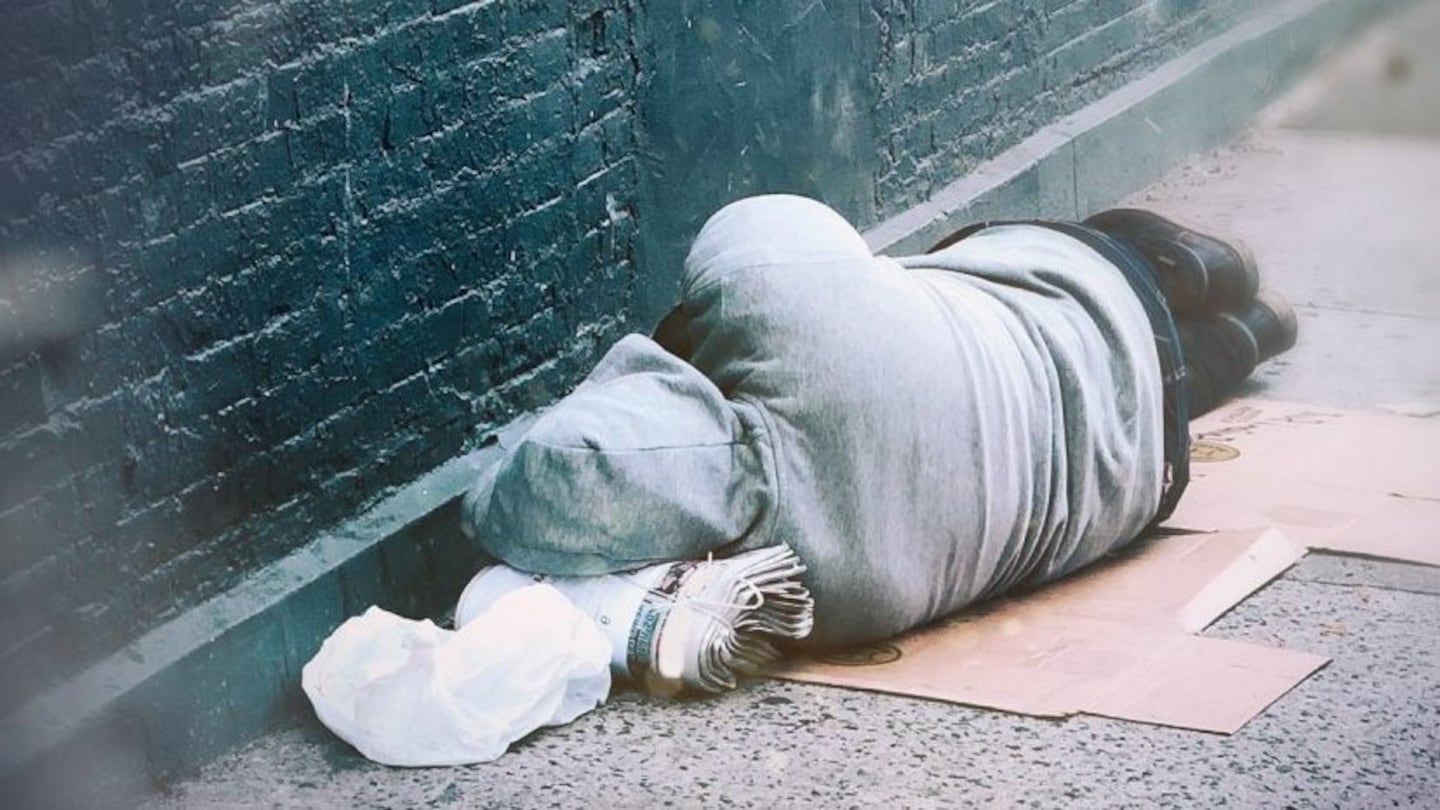Warning: this story contains material about family violence homicide and can be confronting and potentially triggering for some viewers.
A report has found that not having an after-care system for children who have experienced a family homicide can result in homelessness, drug and alcohol problems for survivors.
It comes in the Family Violence Death Review Committee's eighth report, with proposed guidelines for after-care anchored in mātauranga Māori and tikanga Māori, including whanaungatanga, aroha, kaitiakitanga and manaakitanga.
AUT associate dean Professor Denise Wilson (Ngāti Tahinga) is part of Te Pūkotahitanga, the panel that advises Minister Marama Davidson on the progress of Te Aorerekura – the government’s 25-year strategy aimed at eliminating family violence and sexual violence.
She says family violence homicide survivors can potentially have “lifetime” ripple effects of trauma, as well as inter-generational effects.
“It impacts their wairua, mauri and there’s a likelihood that they will go on to be victims or users of violence in their adulthood. So it’s not just the here and now that we need to be worried about.”
Whole-of-whānau strategy
To provide child survivors and their whānau with the manaaki they need throughout their lives, Wilson and other Te Pūkotahitanga members want to see a comprehensive whole-of-whānau strategy adopted.
“I think Te Aorerekura as a strategy gives us a number of shifts around being able to have safe, accessible responses, mobilising our Māori communities, developing our workforce to work with these whānau. [We’re also looking] at Māori-led solutions for healing as we go along.”
For many years, however, “little to no progress has been made”.
“We need to note that, if we want to heal our whānau who live with violence and to prevent from going generation to generation, we need to look at these tamariki who are just being left to their own devices.
“About 54 percent of the tamariki we are talking about are Māori, so it is an issue.”
If you are concerned about yourself or someone who may need help, contact Women's Refuge NZ on 0800 REFUGE, or 0800 873 843, or the Family Violence Helpline 0800 456 450.



